Take Five: “Gender equality is not only the smart thing to do, but also the right thing to do”
Date:
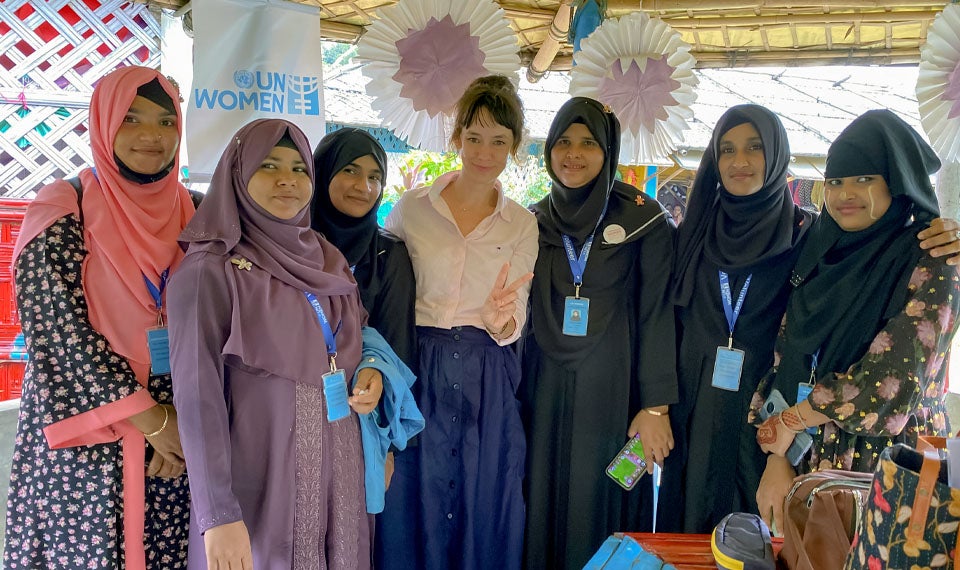
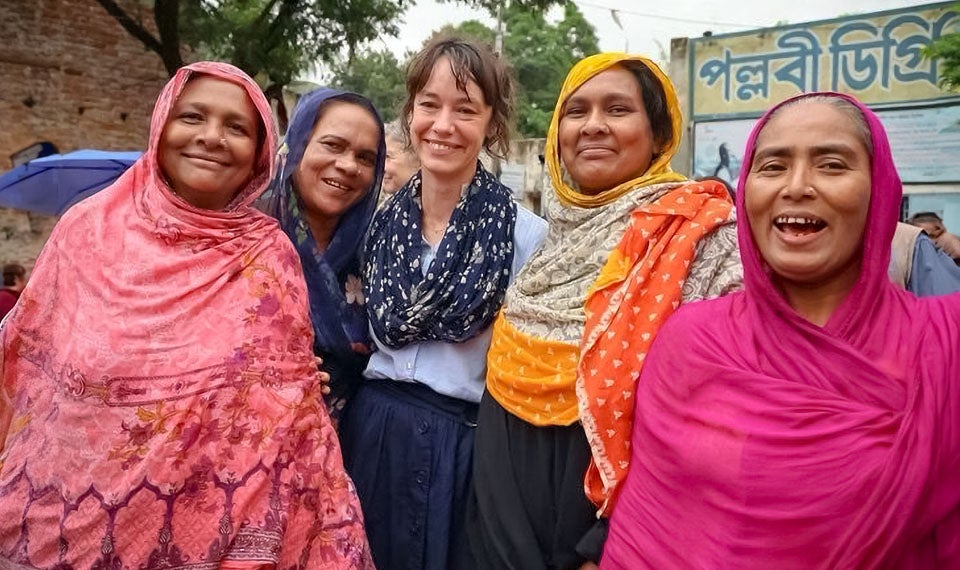
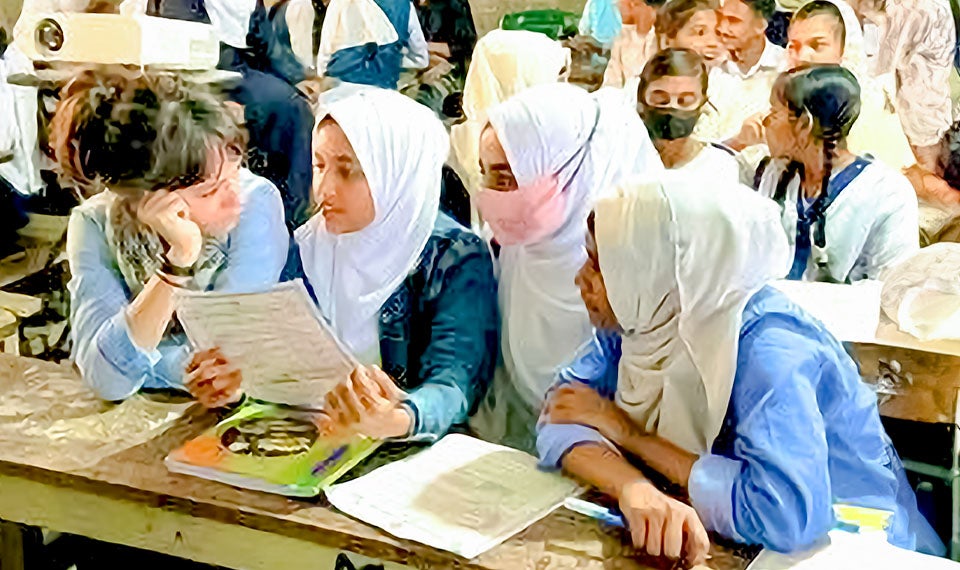
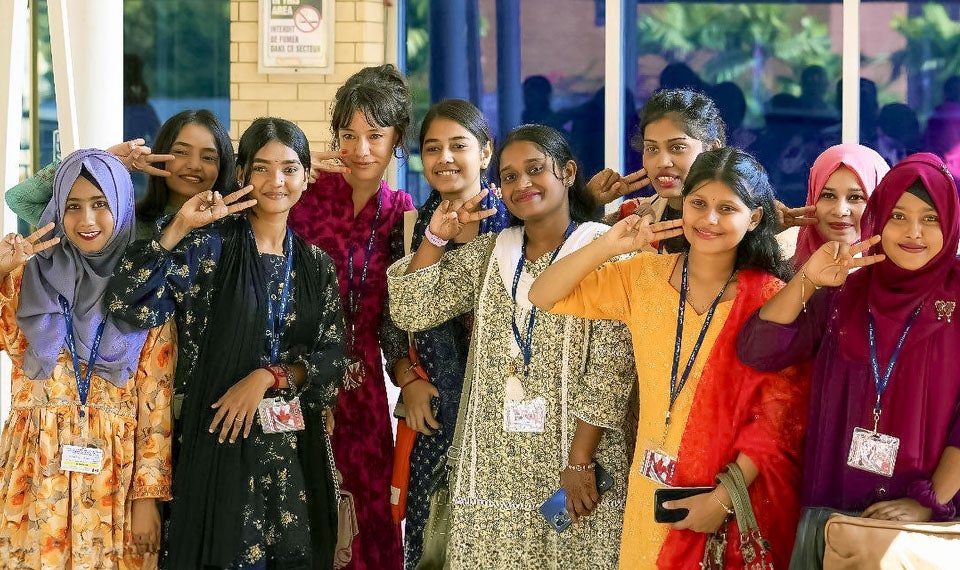
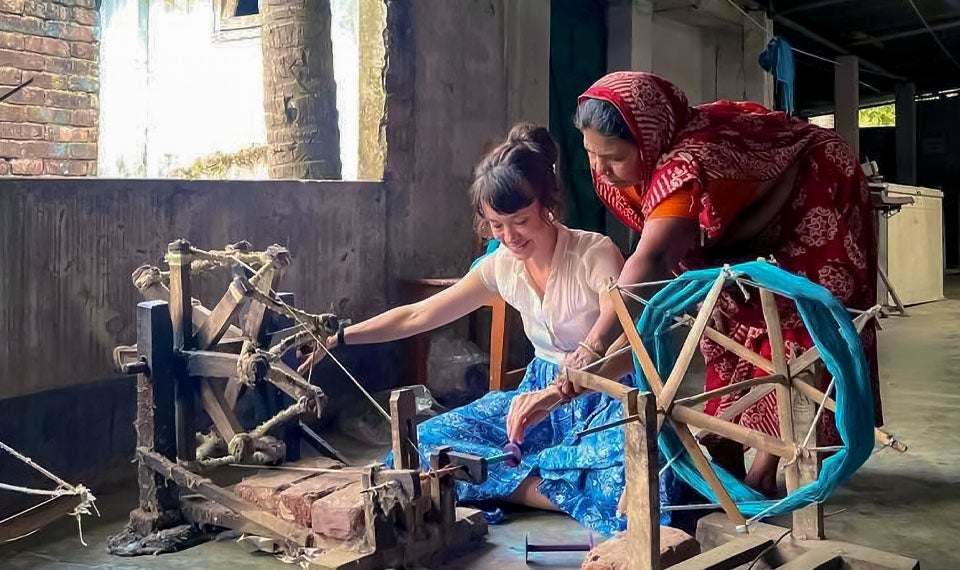
H.E. Alexandra Berg von Linde served as the Ambassador of Sweden in Dhaka, Bangladesh from 2020 to 2024. Prior to this role, she held the position of Deputy Head of the Minister’s Office and Chief of Staff to the Minister of International Development Cooperation at the Ministry for Foreign Affairs in Stockholm, Sweden. She has also served at the Swedish Embassies in Afghanistan and India. We spoke to Ms. Berg von Linde about the importance of gender equality in Bangladesh and beyond.
- The Government of Sweden is a key development partner investing in Bangladesh. How do you see the advancement of gender equality and women’s empowerment during your tenure in Bangladesh?
I arrived in Bangladesh during the height of the COVID-19 pandemic in the summer of 2020. At that point, there had been commendable progress made over the prior 20 years in improving the lives of women and girls. However, these achievements regressed as a consequence of the pandemic, resulting in a sharp rise in instances of child marriages and gender-based violence (GBV).
Nonetheless, there have been significant highlights. Gender parity in education has increased, the overall fertility rate has stabilized over the past few years, and the allocation for gender equality in the annual budget has risen. Several regulations for protecting women’s rights and privileges have been passed, and more women are participating in the labor force.
Building on these successes, it is crucial to implement the existing legal frameworks effectively. We must ensure that workforce participation is not confined to limited, low-paying sectors. Additionally, for the increasing number of women involved in small and medium enterprises, proper access to finance is essential.
- As Bangladesh graduates from a least developed country status in 2026, what approaches are needed to ensure appropriate financing for gender equality and women’s empowerment?
This is an important question since financing is key to achieving gender equality, and the empowerment of women and girls is a prerequisite for realizing the Sustainable Development Goals (SDGs) and Agenda 2030. A significant aspect is the progress made in gender-responsive budgeting. Including gender issues in the Medium-Term Budgetary Framework and preparing an annual Gender Budget Report (GBR) could be significant steps towards ensuring gender equality if implemented properly.
Despite these advancements, barriers still exist. There are huge inequalities in the labor market, with women denied equal access to jobs, continuing sexual harassment and exploitation, the unequal division of unpaid care and domestic work, and persistent discrimination in public office.
To ensure the effective implementation of key commitments, it is essential to back them with adequate financial resources. In this regard, it is crucial to increase financing for gender-responsive climate, environmental, and disaster risk initiatives, and to support women’s organizations, enterprises, and cooperatives.
- In your view, what initiatives by the Government of Sweden have been most effective in advancing women's leadership in the context of climate change?
Let me just initially say how important the connection is between gender equality and climate change. We know that women are often the first victims of climate change, but we also know that they can be powerful agents of adaptation and change, if given the right tools.
Sweden has supported numerous programs and initiatives aiming at lifting women out of poverty through targeted skills training, savings, self-employment, and engagement in savings groups and cooperatives. We have also focused on women in small and medium enterprises (SMEs) and private sector companies. We have looked at ways for women to gain economic independence, whether this be in the formal or informal sectors. A significant approach has been teaching women entrepreneurs to identify economic opportunities that are climate-smart and adaptive. Consequently, we have witnessed women entrepreneurs becoming more solutions-oriented, providing services and products that meet emerging demands. Investing in women not only benefits their families but also bolsters local economies and enhances community resilience.
- Amid the protracted crisis in Cox’s Bazar, how can we ensure a continued and stronger focus on women’s empowerment and leadership in the Rohingya Response?
We have all seen how humanitarian funds for the Rohingya Response are shrinking due to competing global crises. Therefore, we must make smarter use of the limited funds at our disposal. Our engagement in the Rohingya Response has shown that investing in women’s empowerment and leadership is an investment in the whole community’s resilience and progress. Evidence has shown that including women in decision making ensures closer attention to people’s needs and funds are allocated to those who need them the most. Thus, including women in decision making is not just the right thing to do; it also makes excellent business sense, represents financial management and benefits society as a whole.
- Globally, we are witnessing a pushback against gender equality. What shifts might be needed to counter this trend?
Yes, there is unfortunately a clear pushback against gender equality. I think there needs to be a change of mindset regarding the importance of gender equality. And for that to happen we need a societal multi-stakeholder approach, where the public and private sectors, academia, and civil society work together for real transformative change. Gender equality is not just a women’s issue; boys and men must be central partners in the conversation because they are key in changing negative social norms and combatting the culture of inequality.
All voices —men and boys, women and girls, the LGBTIQ+ community— are important for challenging stereotypes, breaking gender barriers and demanding change.
Sweden firmly believes that gender equality is essential for building a sustainable, democratic and inclusive society. When women and girls are given the opportunity to reach their full potential, it benefits society, drives economic growth and fosters sustainable development. Therefore, gender equality is not only the smart thing to do, but also the right thing to do!